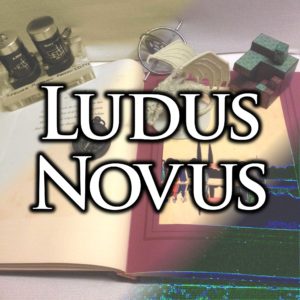In addition to the regular D&D game I run, I’ve just started up another tabletop RPG campaign using the Geist system. Like many of White Wolf’s “limited series” games (Promethean, Changeling), the concept is incredibly provocative. You died, and in the moments of death, a being “more than ghost, less than god” offered you a partnership. This being, called a geist, shielded you from death and allowed you to survive. You are a living human, but now you can see ghosts, control strange creepy powers, and even travel the underworld. The mood of the game is a cool mix of the macabre (you died, and now you see death everywhere) and the celebratory (you got a second chance at life! Live it up!).
The bittersweet mood, morbid theme, and cool antagonists reminded me of shows like Angel, Dead Like Me, and Death Note. So I decided that I wanted my campaign to run like an episodic, ensemble-cast television show. I also wanted to explore giving players more control over the game, while maintaining primary authorship as GM; tossing a strong flavor of the indie RPG into a traditional system. As a result, I’m using two techniques: Episode Previews and Cutscenes.
Continue reading The RPG Campaign as Episodic TV: Two Techniques
